Weight loss plateau: what is it and how to beat it?
Have you hit a weight loss plateau? We look at how you can push through and reach your weight loss goals
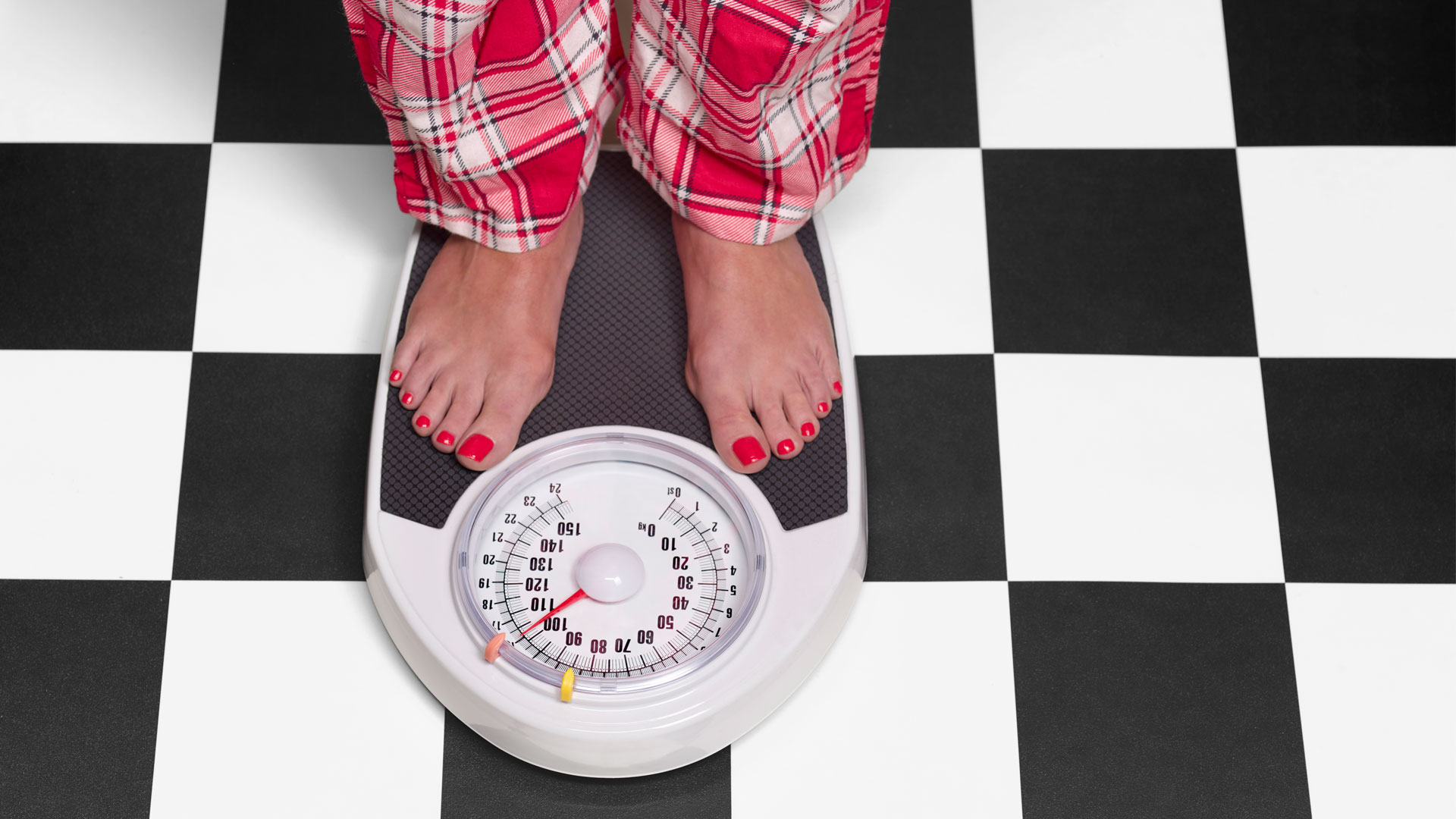

Hitting a weight loss plateau can be disappointing, especially when you’ve got a weight loss goal and you’re following the same diet and exercise routine which helped you lose weight previously.
If you’re unfamiliar with a weight loss plateau - it’s named this as your weight tends to plateau, or stay the same, despite dieting and exercising. It leaves most people frustrated, especially if they have weight loss goals and have been losing weight at a steady rate.
However, a weight loss plateau is normal, while there are ways to overcome it and get your diet back on track, without losing motivation, including using the best exercise machines to lose weight. We talked to the experts about how you can change up your diet and exercise routines to get past your weight loss plateau and start burning calories again.
What is a weight loss plateau?
When you’ve been dieting or exercising to lose weight, many of us reach a weight loss plateau - the moment when our bodies become accustomed to our new calorie intake or exercise routine, and we stop losing weight.
A weight loss plateau is incredibly normal, however frustrating it may be - in fact, if you’re following a low calorie diet, studies show that you’ll probably reach this point after six months.
Experts believe this is because your metabolism adapts to your new calorie intake, while some of us become bored with diets and lose the motivation after six months.
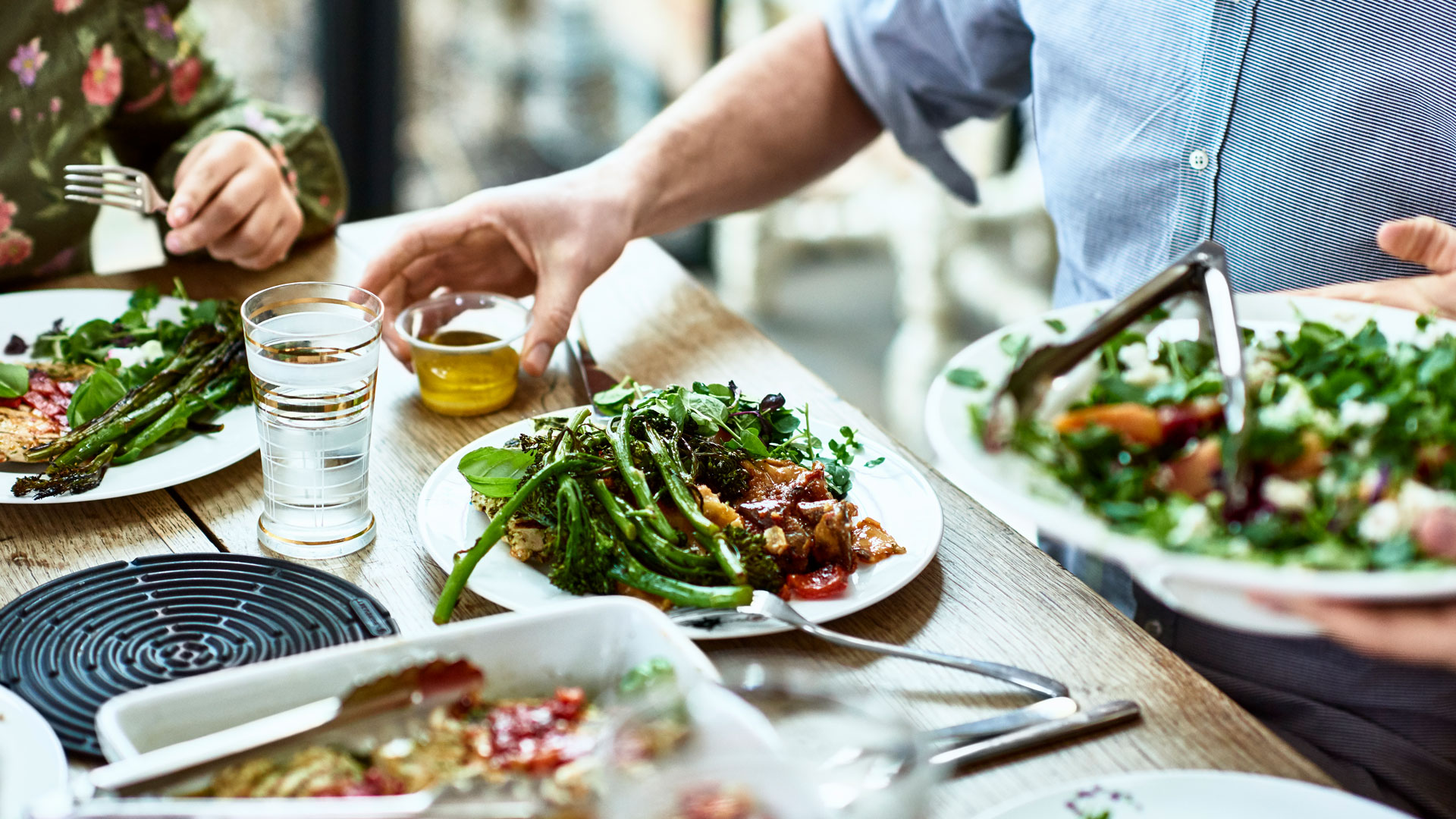
How can you get past a weight loss plateau?
If you are already following a well-balanced diet, you’ll know how important it is to eat a mixture of protein, whole foods, and fruit and vegetables. Fad diets should be avoided when trying to lose weight, as they very rarely give you sustainable weight loss.
Get the Fit&Well Newsletter
Start your week with achievable workout ideas, health tips and wellbeing advice in your inbox.
However, cutting down your portion sizes for some food groups could help keep hunger hormones at bay and speed up your metabolism. One study, in Brazil, found that a low carb diet was more effective than a low-fat diet - and helped with fat loss, along with hunger pains.
However, Nutritional health coach and founder of The Health Zoc Holly Zoccolan warns: “Lower carb diets may work for some but is very individual. It all depends on your body composition, energy expenditure and lifestyle.”
If a low carb diet isn’t for you Nigel Mitchell, resident nutritionist at MunchFit suggests a high protein diet, which includes foods such as chicken, tofu, or eggs, as it helps to ‘satiate your appetite and reduce hunger pangs.’
Studies show that protein is important for controlling your hunger hormones, while adding more protein to your diet also helps to build muscle, which in turn speeds up your metabolism - helping you to burn more calories.
If you’ve got this far without tracking your food, Zoccolan believes calorie tracking can be a good way for you to identify any triggers.
“Food tracking helps you to see what you are eating through the day and can help you identify when you have been emotional eating or snacking and what the triggers may have been.”
Studies also show that when we’re not tracking our food, we tend to forget about certain snacks or addition to our diet - so it can be a great way of looking at the bigger picture.
If you’ve never tracked your food, you can download apps that help you record your calories for the day. It’s also worth investing in some food scales, which give you an idea of portion sizes - so you’re not overeating at each meal.
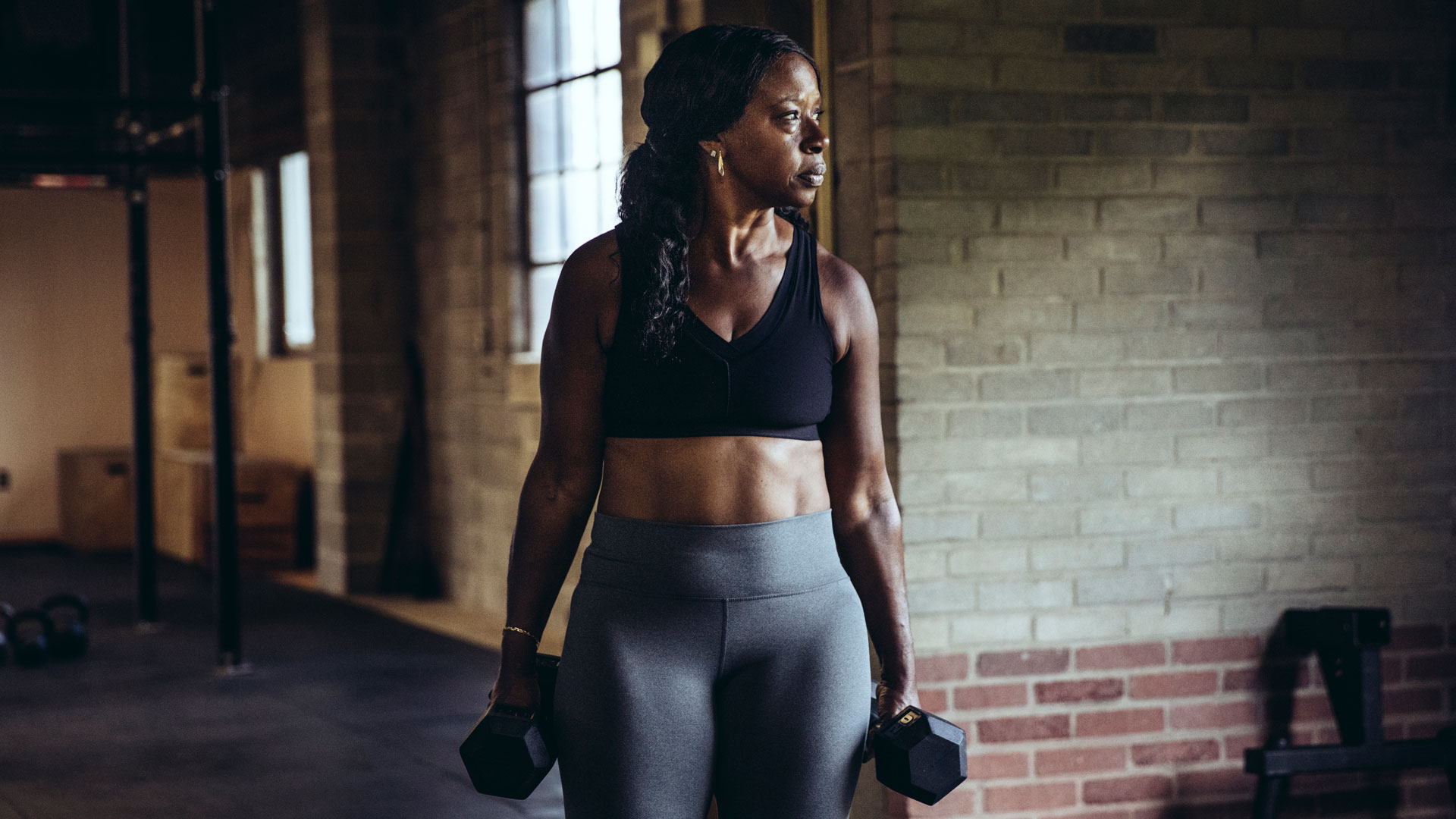
How to stay motivated with weight loss
When you reach a weight loss plateau it’s hard to stay motivated, but if you’re struggling and want to carry on with your weight loss journey it could be time to set new goals and change up your routine.
However, Mitchell says there’s no rush: “Set realistic and timely targets, don’t just focus on weight but on health and functional outcomes as well”.
If you’ve been losing a pound a week, aim to lose half a pound a week, to take the pressure off. And instead of focussing on the scales start thinking about what other health goals you want to achieve - sleeping for eight hours every night will not just feel more focussed but will also keep your hunger hormones at bay - meaning less snacking.
While getting out into nature will not just help you burn calories, it’s also said to improve your mood, lower blood pressure and help with stress levels. Stress can also have a big impact on weight loss, so if you’re worried about not losing the pounds, this could be adding to your stress levels.
Whether you are tracking your food or trying a new diet, a weight loss plateau could be a good time to change up your exercise routine too. Cardio, such as spinning or running can be great for weight loss, but resistance training, even though isn’t as fast-paced, can help to build up muscle and speed up your metabolism - helping you burn calories faster.
Studies show that even though cardio exercise burns more calories while performing it, resistance training can help you burn more calories throughout the day. Aim to add two to three resistance training sessions into your workout routine every week - whether you are doing a session with weights, resistance bands or using your body weight.
Sarah is a freelance journalist who writes about fitness and wellbeing for the BBC, Woman&Home and Tech Radar. During lockdown she found her love of running outside again and now attempts to run around 50 miles a month. When it comes to other fitness, she loves a sweaty cardio session – although since she’s been working out from home she’s sure her downstairs neighbors aren’t too happy about it. She also loves to challenge herself - and has signed up to do hiking holidays, intense bootcamps and last year she went on her dream activity holiday: paddle boarding around deserted islands in Croatia. On her rest days, she loves to recover with a simple yoga flow session – the perfect antidote to her active fitness schedule.
-
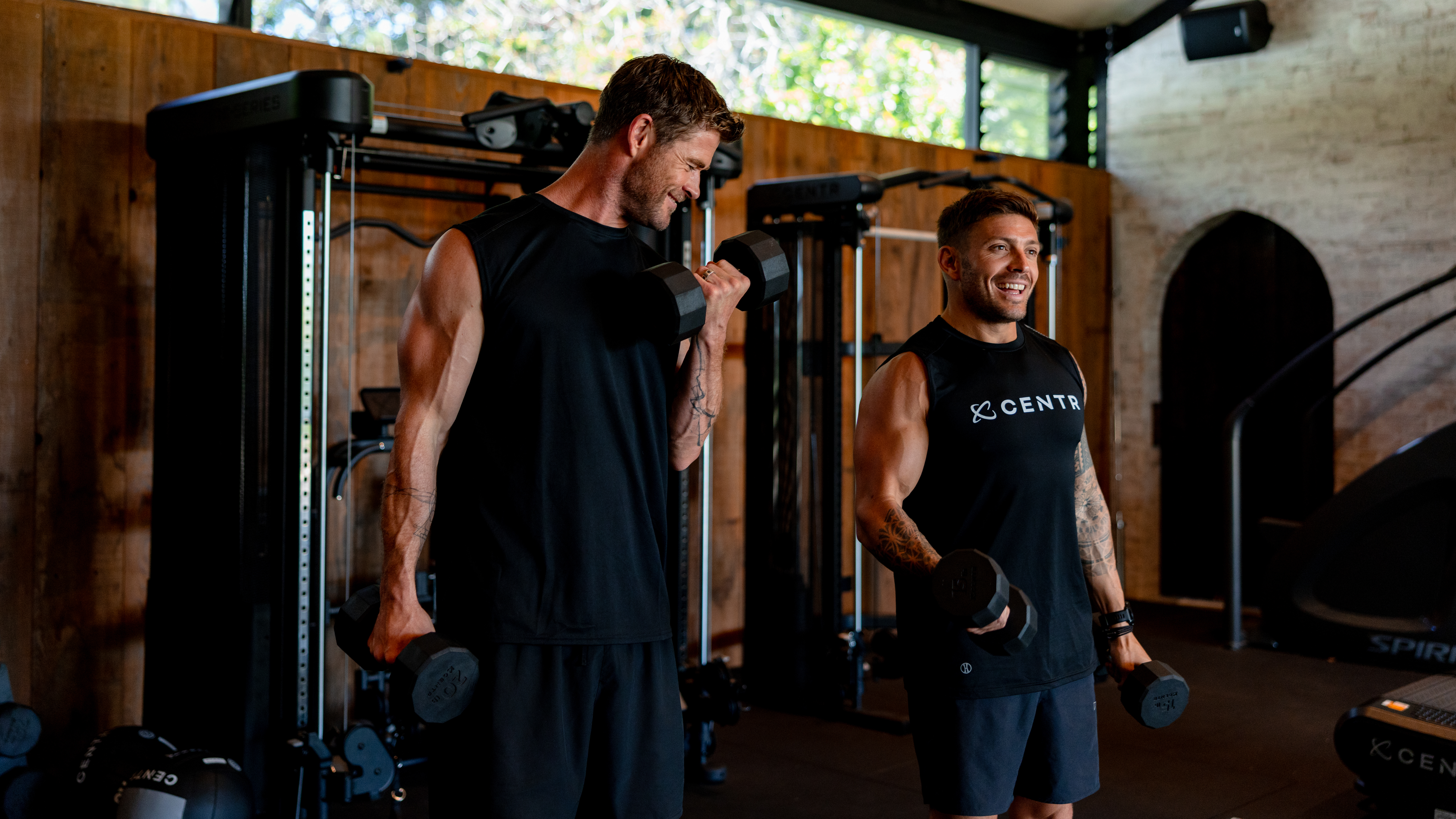 Build blockbuster arms and abs with Chris Hemsworth's go-to dumbbell circuit
Build blockbuster arms and abs with Chris Hemsworth's go-to dumbbell circuitAll you need are adjustable dumbbells and 20 minutes
By Sam Rider Published
-
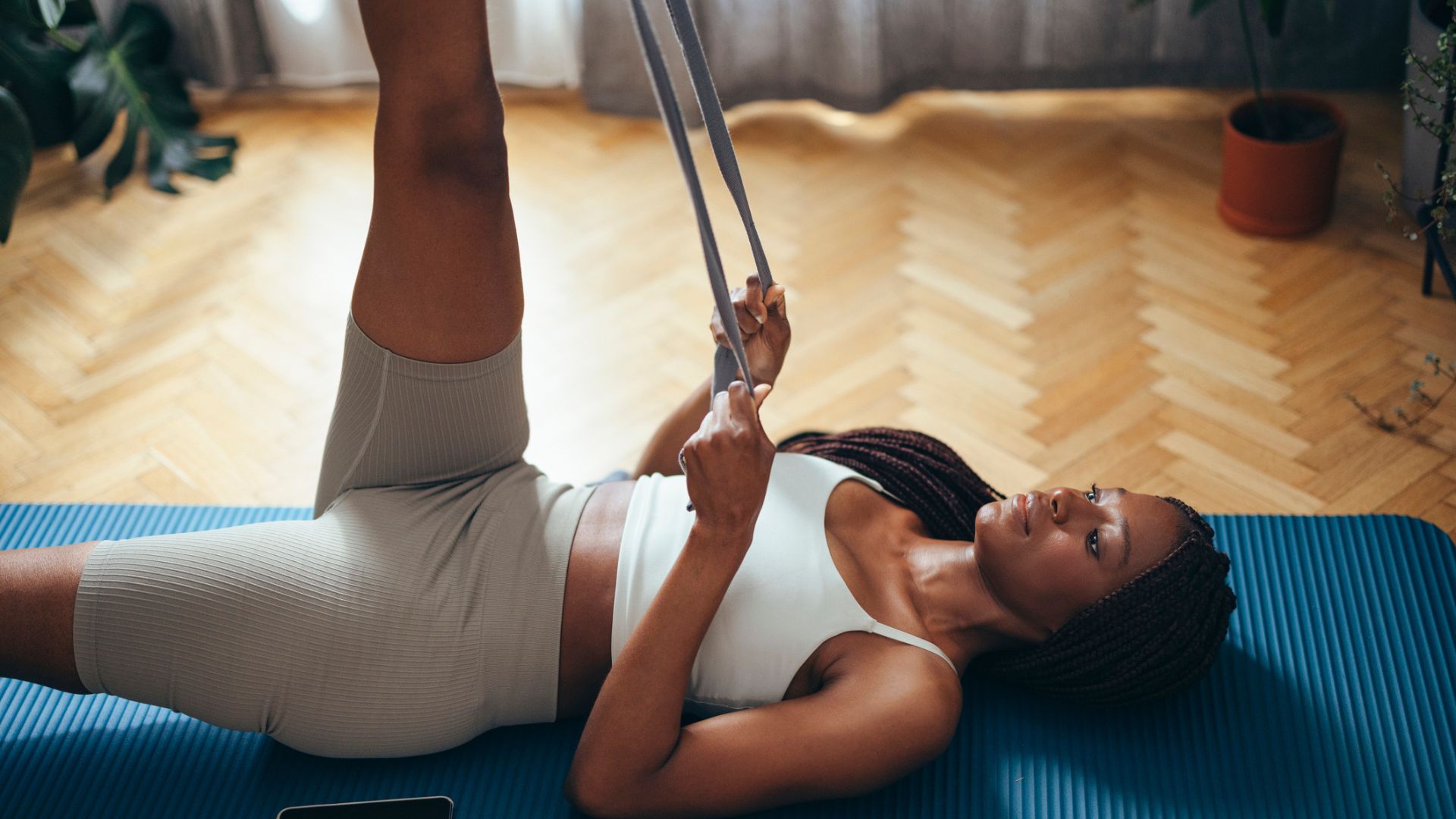 Forget crunches—if I wanted to improve core strength I'd do this neck-friendly Pilates workout
Forget crunches—if I wanted to improve core strength I'd do this neck-friendly Pilates workoutAnd it takes just five minutes
By Maddy Biddulph Published
-
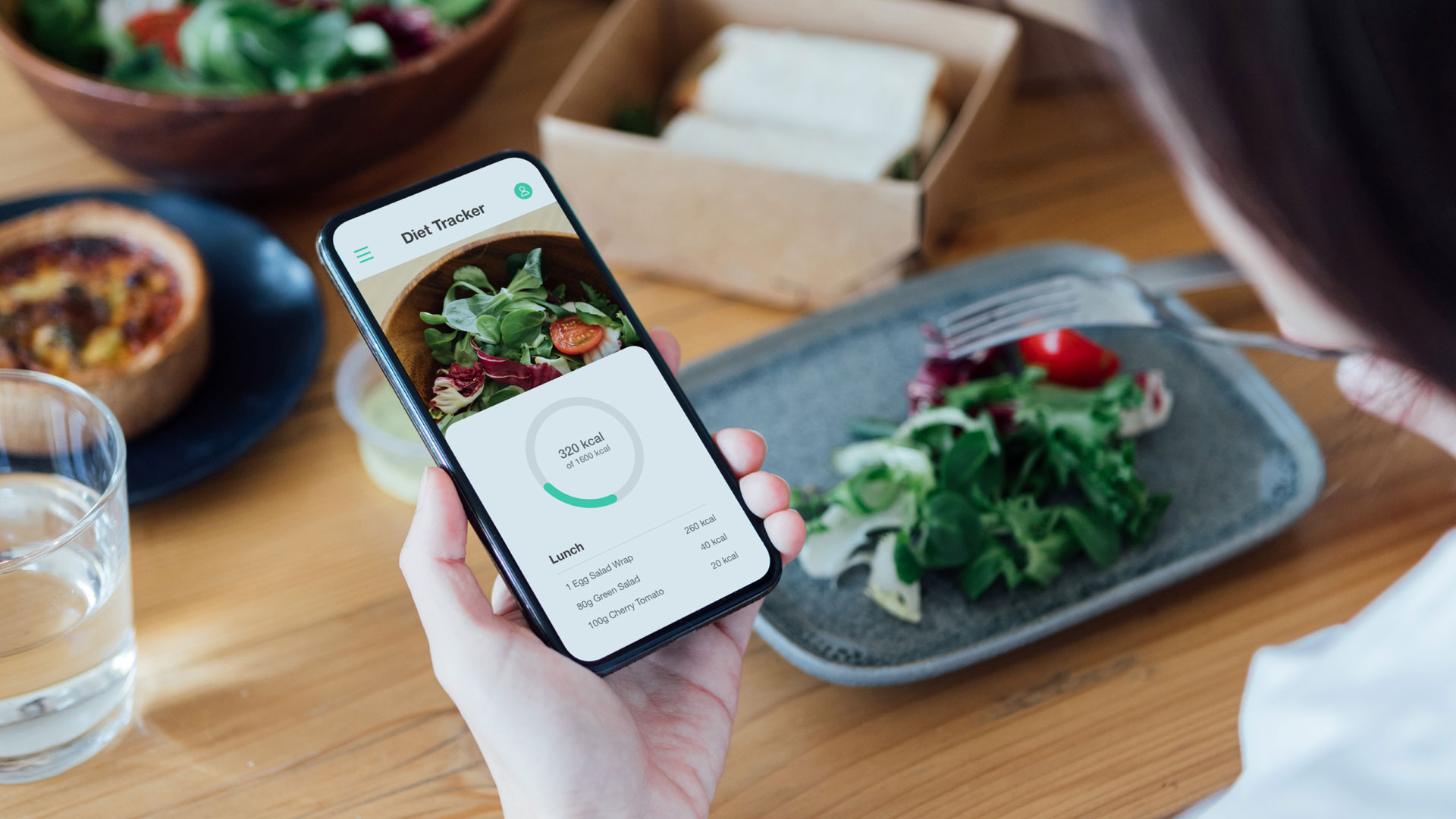 Six weight loss myths debunked by a nutritionist
Six weight loss myths debunked by a nutritionistWeight loss Can any of these weight loss myths actually help you to lose weight?
By Anna Gora Published
-
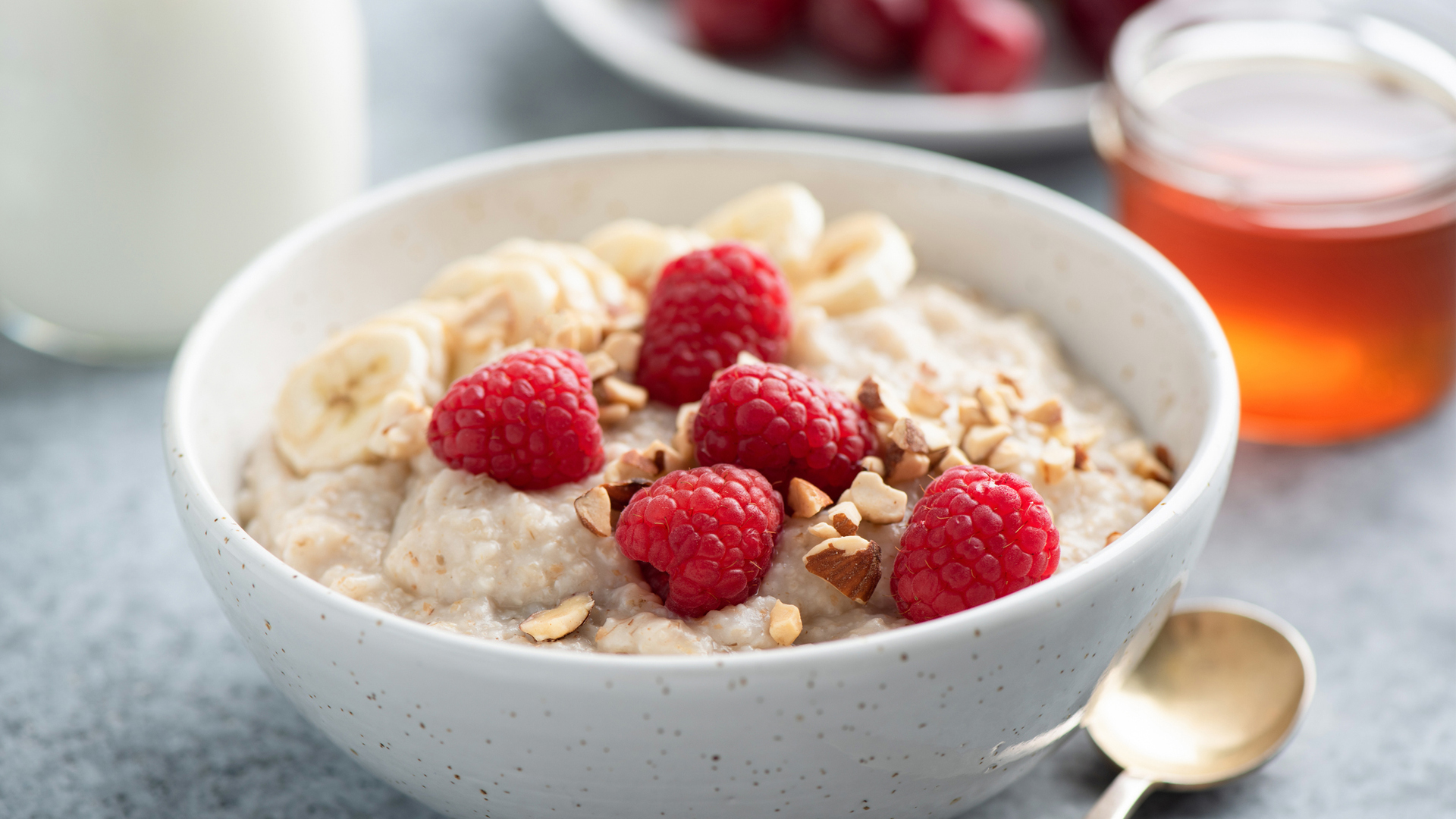 How to lose weight without counting calories
How to lose weight without counting caloriesWeight loss Finding a weight loss method that suits your lifestyle can be difficult. Here’s how to lose weight without counting calories, according to a dietician
By Alice Porter Published
-
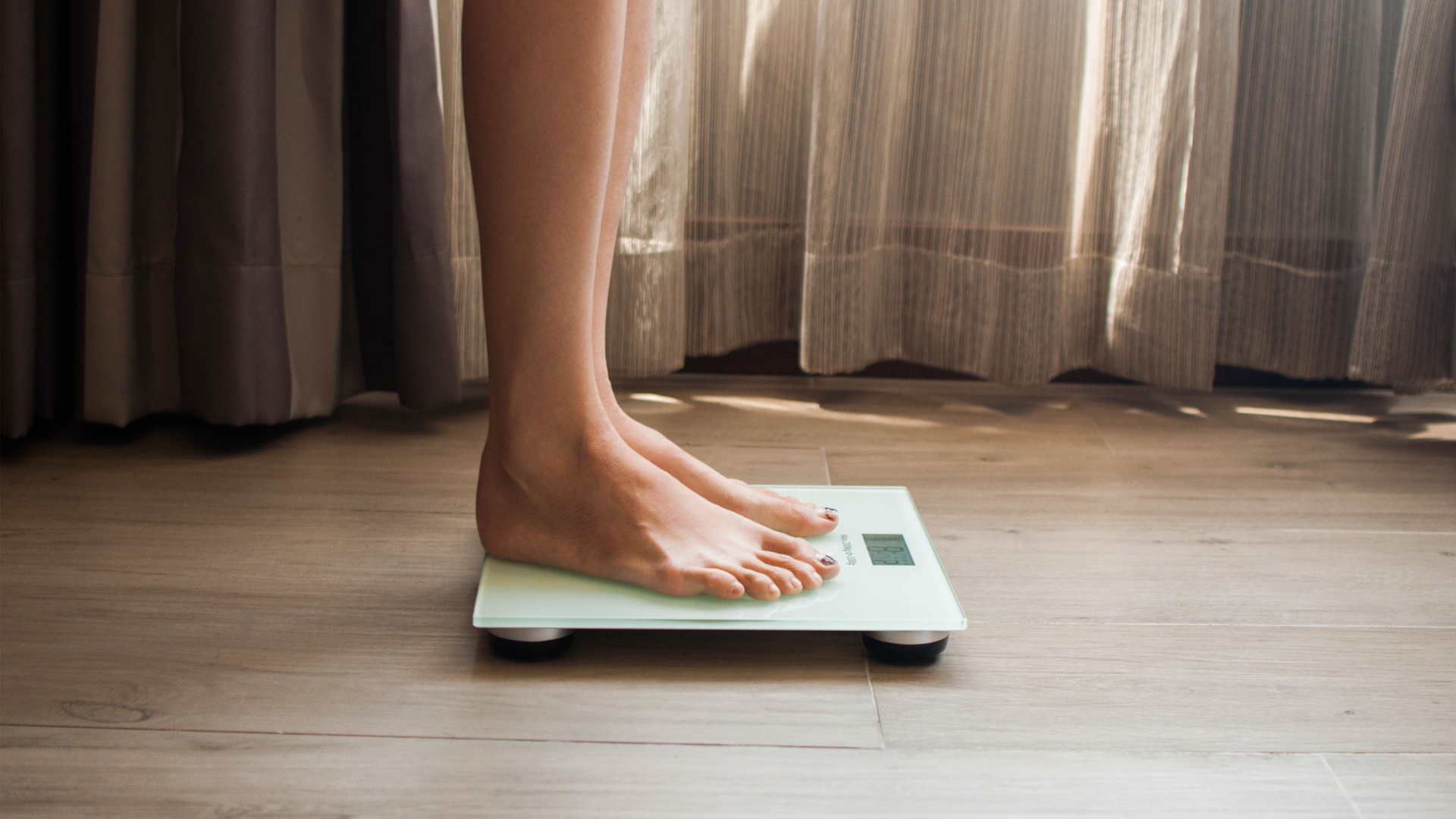 How long does it take to lose weight?
How long does it take to lose weight?Weight Loss Weight loss is personal — but how long does it take to lose weight on average? We asked a dietician to explain
By Alice Porter Published
-
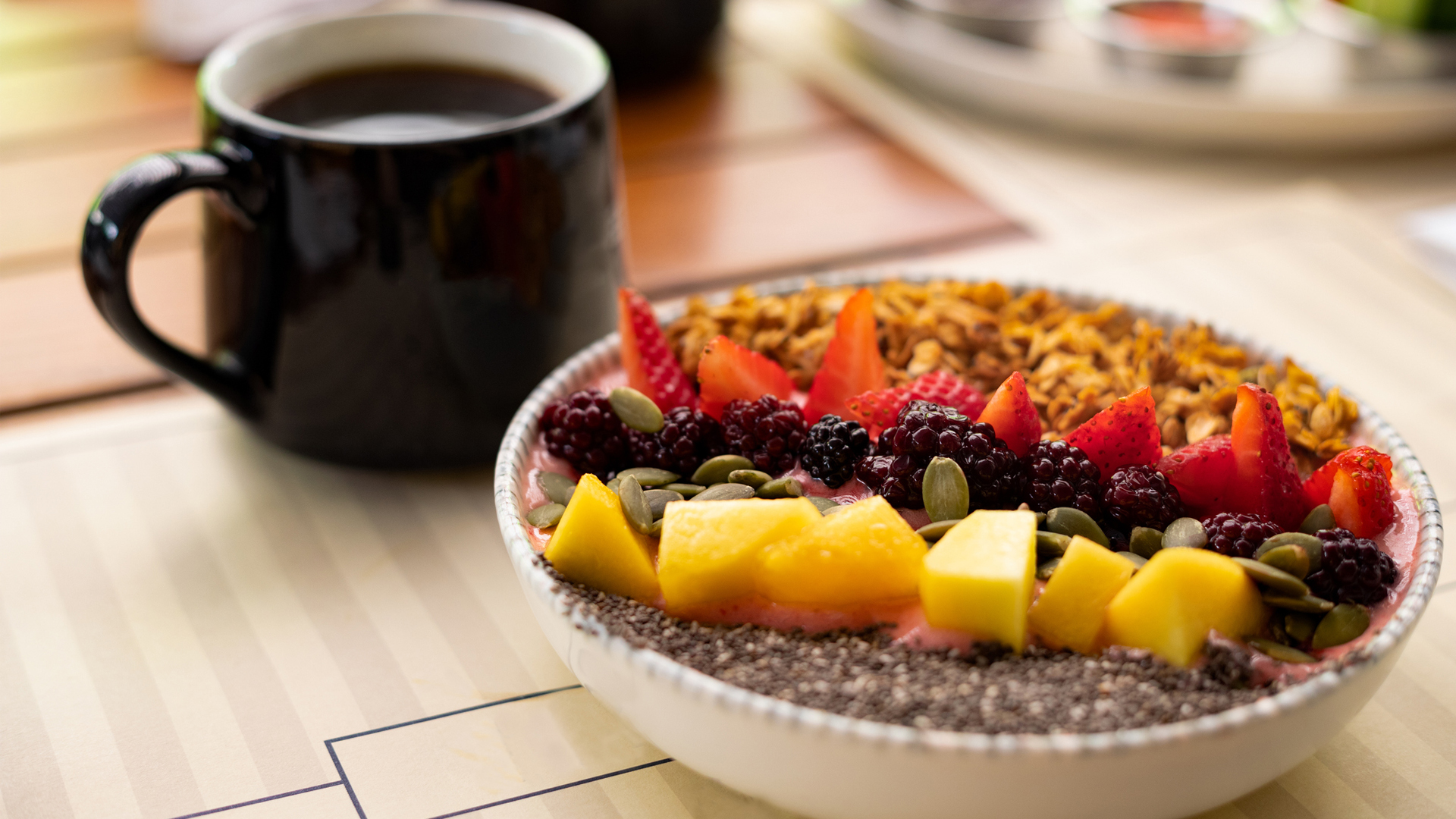 7 dietitian-approved weight loss hacks that actually work
7 dietitian-approved weight loss hacks that actually workThere’s no cheat-sheet to weight loss, but these dietitian-approved weight loss hacks can actually make a difference
By Mollie Davies Last updated
-
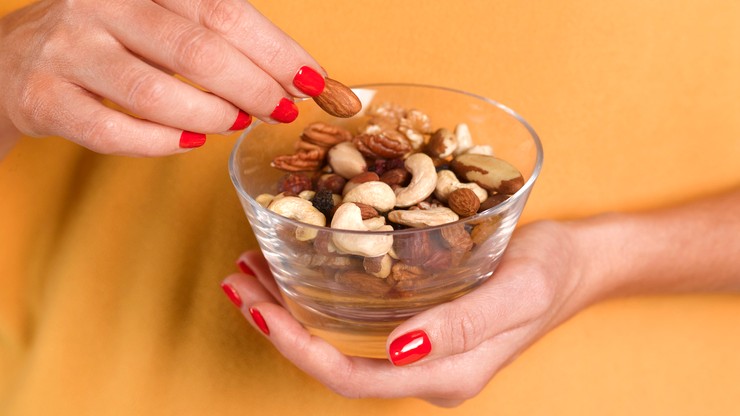 Seven nutrition myths busted – including why snacking isn’t bad for you
Seven nutrition myths busted – including why snacking isn’t bad for youNutrition Eating well can be tricky without knowing the facts about how nutrition works. Here are some nutrition myths that you might have believed until now
By Alice Porter Published
-
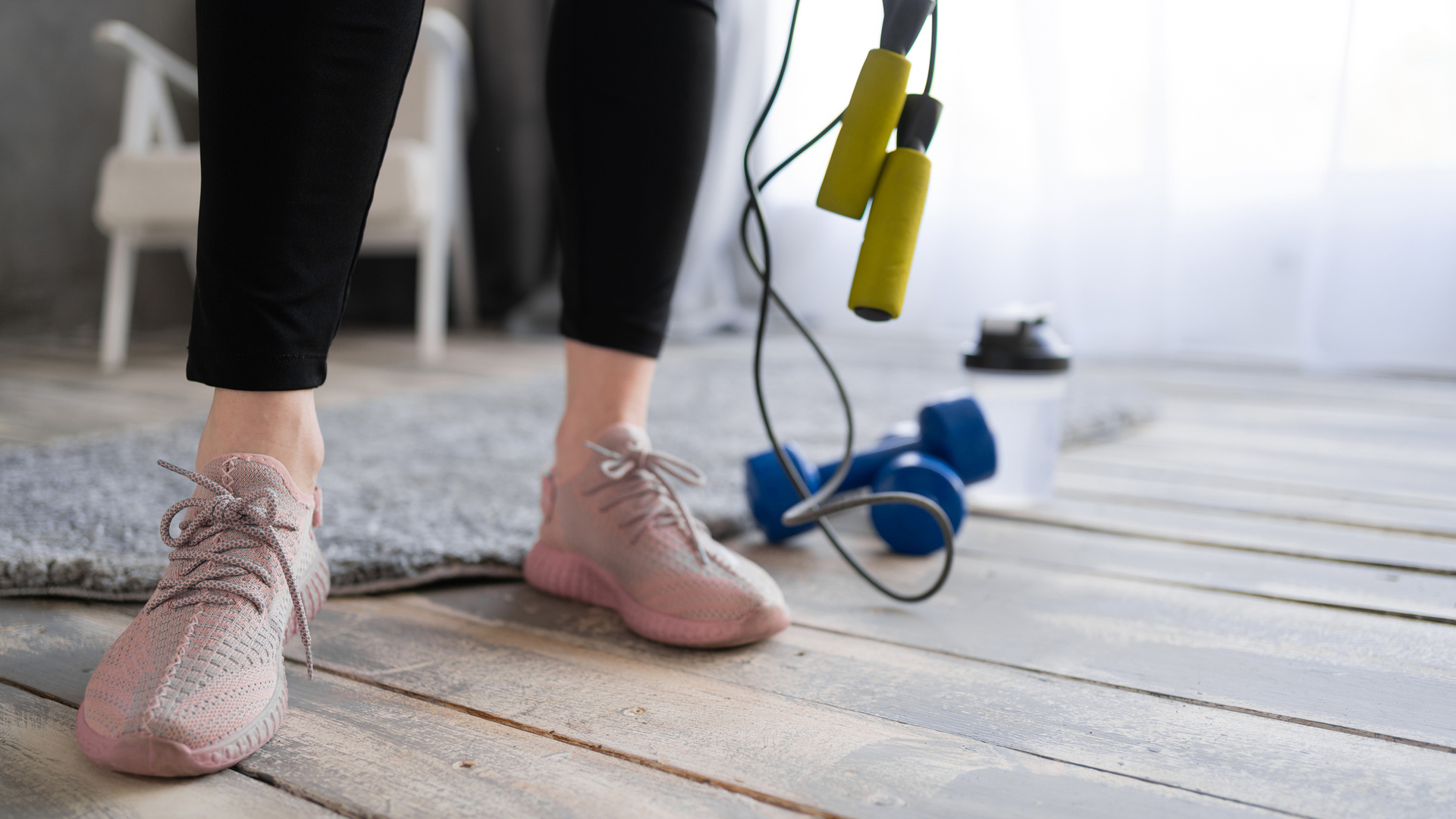 Eight reasons you can’t lose weight – and what to do about it
Eight reasons you can’t lose weight – and what to do about ithow to Sticking to a diet plan but still can’t lose weight? Here are eight things that could be preventing you from seeing changes to your body
By Alice Porter Published
-
 The most common weight loss mistakes and how to avoid them
The most common weight loss mistakes and how to avoid themhow to Struggling to shed those extra pounds? You may be making these weight loss mistakes
By Meg Walters Published
-
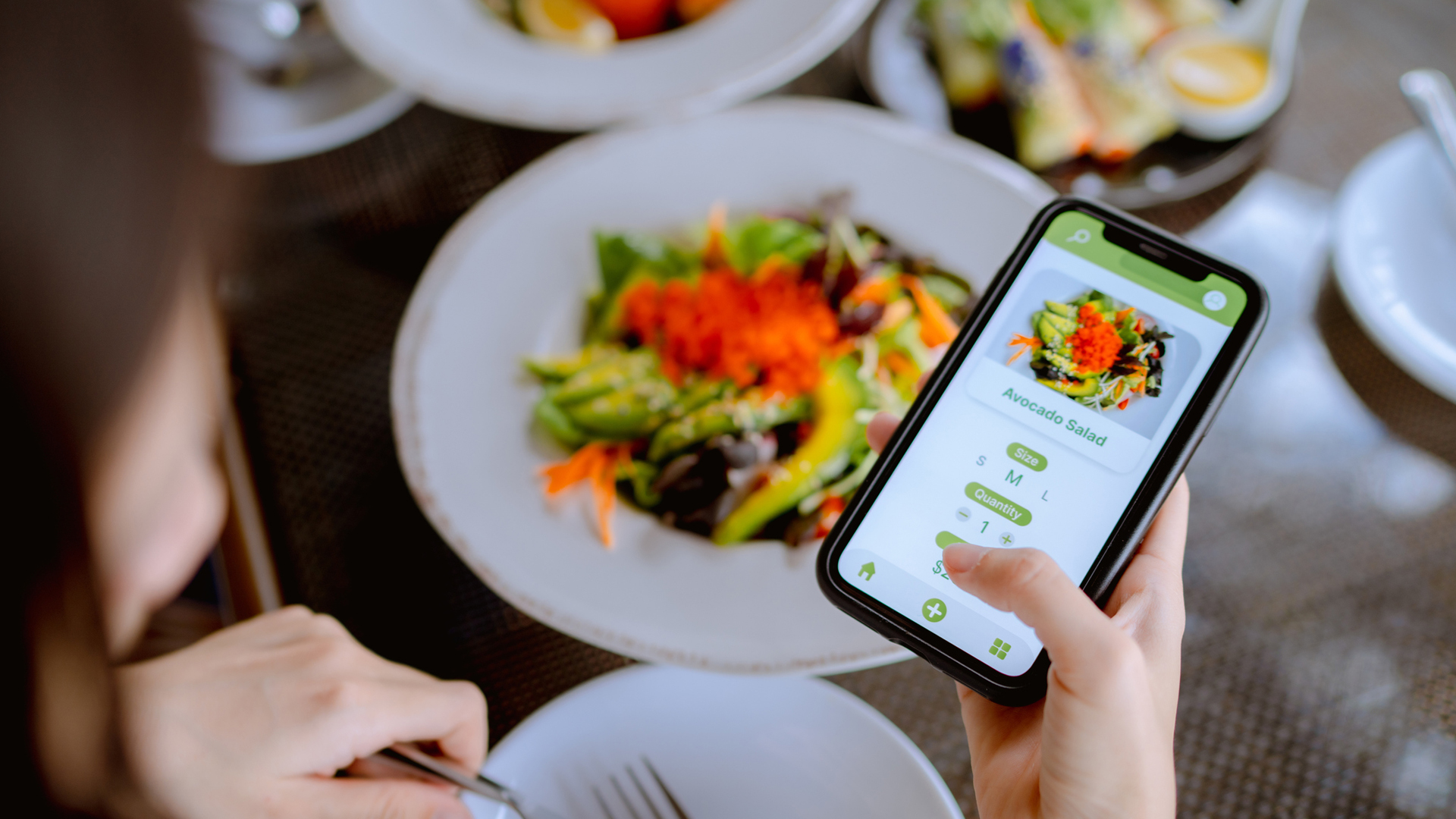 How to calculate macros for weight loss
How to calculate macros for weight lossNutrition Our expert gives us the lowdown on how to calculate macros for weight loss
By Lucy Gornall Published